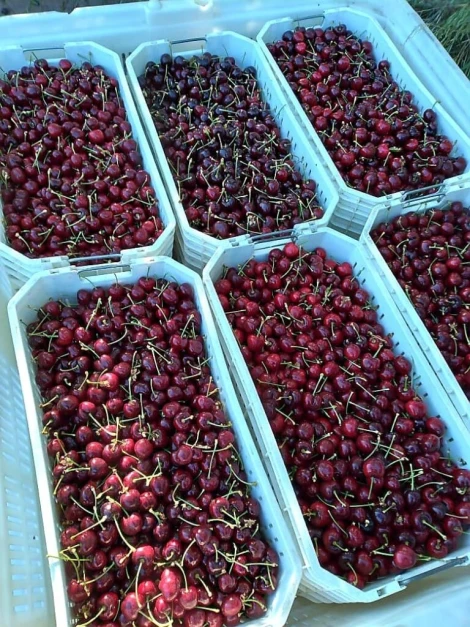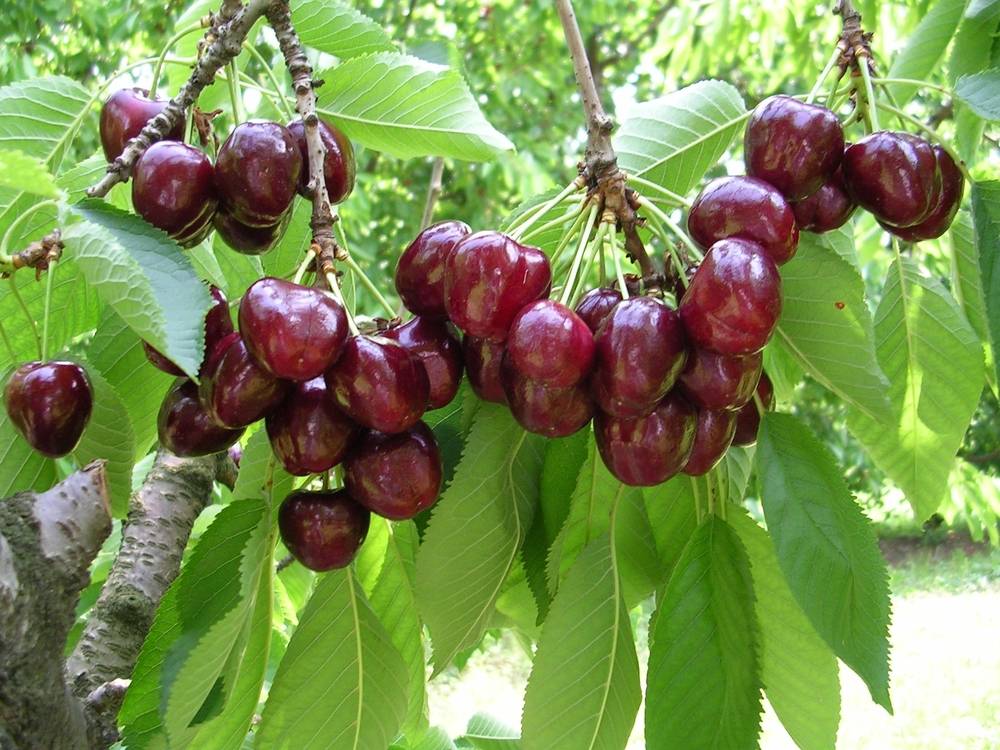The sweet cherry is a highly valued fruit for its taste and nutritional value. However, its perishable nature presents a challenge for preservation and availability throughout the year.
To address this issue, a recent study by Russian researchers explored the effectiveness of various low-temperature preservation methods to maintain the quality of cherries during extended storage periods. The research focused on identifying the best freezing techniques, ideal storage temperatures, and the compatibility of different cherry varieties for long-term preservation.
The study examined eight cherry varieties grown in the northern foothills of Dagestan (Russia). The researchers used two freezing methods: immersion in a liquid solution and frozen in bulk in air. The liquid solution consisted of water, alcohol, and sugar in a 65:20:15 ratio, with cherries immersed at –24°C. The bulk freezing was carried out at temperatures of –30°C, –33°C, and –35°C. After freezing, the cherries were stored at –22°C for periods of 3, 9, and 12 months.
The results showed that the bulk freezing method at –35°C ensured the best preservation of nutritional properties, outperforming other methods. Cherries frozen at –33°C and those immersed in the liquid solution at –24°C demonstrated slightly lower nutrient preservation, with a reduction of 4.2–5.4% compared to freezing at –35°C.
After 12 months of storage, cherries frozen at –35°C retained 77.5–81.6% of their vitamin C content, 83.7–89.0% of pectin substances, 85.1–88.5% of anthocyanins, and 81.4–86.4% of sugars. In contrast, cherries frozen in the liquid solution preserved slightly less of these nutrients.
The study also identified the cherry varieties most suitable for long-term storage. The "Lezginka," "Dagestanka," and "Valery Chkalov" varieties showed minimal quality degradation even after 12 months. Meanwhile, the "Buynakskaya," "Krupnoplodnaya," and "Polyanka" varieties were recommended for up to 9 months of storage, while the "Zhemchuzhnaya" and "Gudzon" varieties were found to be best consumed within 3 months.
This research offers valuable insights into the low-temperature preservation of cherries, highlighting the importance of choosing the right freezing method, optimal storage conditions as well as the most appropriate varieties. By optimizing these factors, it is possible to extend the cherries' shelf-life without significantly compromising their nutritional qualities.
This preservation methodology not only benefits consumers by providing cherries year-round but also supports the industry and distribution by reducing post-harvest losses.
Source: Guseynova, B. M., & Musaeva, R. T. (2024). Low-Temperature Preservation of Cherries. Техника и технология пищевых производств, 54(1), 178-190.
Image: SL Fruit Service
Andrea Giovannini
University of Bologna (IT)
Cherry Times - All rights reserved










